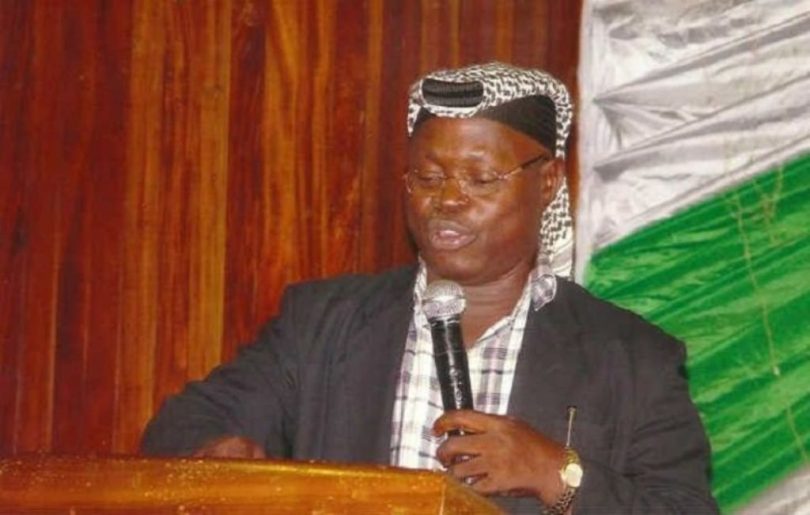Muslim Rights Concern has condemned the timetable released by the West African Examinations Council for the conduct of the 2020 Secondary School Certificate Examinations.
The Islamic group rejected the timetable in a press release signed by MURIC’s Executive Director, Ishaq Akintola, on Monday August 3, 2020.
MURIC argued that the timetable clashes with the Friday Jumu’ah prayers.
It described WAEC’s timetable which fixed examinations for Fridays as “exclusive, sectional, parochial, insensitive and provocative.”
“WAEC has again fixed some of its subjects for the period of the Muslim Friday Jumu‘ah prayer in its examination which begins next week Tuesday 11th August, 2020.
“These are papers that Muslim candidates are also expected to take. So, the implications are very serious,” the statement reads.
“WAEC is deliberately creating a wedge between young Muslims and the mosque. The examination body is making it impossible for Muslim youth to worship.
“At best, WAEC is reducing the chances of good performance among Muslim candidates.
“A quick glance at the timetable recently released by WAEC shows that there are at least three clashes between examination periods and Muslim prayers on Fridays:
Management-in-Living (2 pm, Friday 14th August, 2020)
Literature-in-English (2 pm, Friday 21st August); Health Science (1.30 pm, Friday, 4th September).
“This timetable is exclusive, sectional, parochial, insensitive and provocative. It is an invitation to anarchy.
“It is designed to cause pain to Muslim candidates. This is in spite of efforts made by us to guard against this kind of clash.
“We are perturbed by WAEC’s recalcitrance. The fact that the examination body ignored the above advice shows that it deliberately targets Muslims for persecution. It is unacceptable.
“There is also enough evidence that this is not the first time WAEC will fix examinations during the Muslim prayer period on Friday.
“MURIC’s struggle with WAEC over the Friday question is of great antiquity. Unfortunately, WAEC does not appear ready to learn from history,” the statement adds.
“We will cite at least two past clashes and our interface with the examination body. Firstly, the timetable clashed with Jumu‘ah service in 2015 and MURIC cried out thereby forcing the examination authority to adjust its timetable.
“Secondly, in 2018 WAEC reenacted the same scenario. MURIC kicked again and WAEC adjusted its timetable
“We wonder why it should be so difficult for WAEC to leave out three hours only (from 12 noon to 3 pm) on Fridays in its examination timetable to allow Muslims to worship.
“Muslims everywhere in the world do not joke with the Friday Jumu‘ah prayer. This special weekly prayer has divine and scriptural basis in Qur’an 62:9-11 and any attempt to circumspect it by any means constitutes a challenge to divine authority.
“Justice also demands that WAEC respects the Muslim prayer period, because the Christian Sunday remains sacrosanct.
“What right does WAEC have to force Muslim candidates to write examination during Friday prayer time when the examination body does not fix its examinations on Sunday to disturb Christian worship?
“MURIC, therefore, calls the attention of the Federal Government and the Ministry of Education to WAEC’s excesses. Above all, let no one blame Muslim candidates if they refuse to write examination under duress.
“Any examination that infringes upon freedom of religion is ultra vires, unlawful, illegal, illegitimate and unconstitutional.
“Muslim candidates deserve three hours every Friday. This is non-negotiable. Nigerian Muslims will liberate themselves from slavery, serfdom and religious apartheid if government is lackadaisical. The only thing MURIC opposes is violence.
“Our message to WAEC is very clear and simple: ‘Adjust your timetable and stop provoking Muslims forthwith.’ Let the Muslims go,” it concludes.








